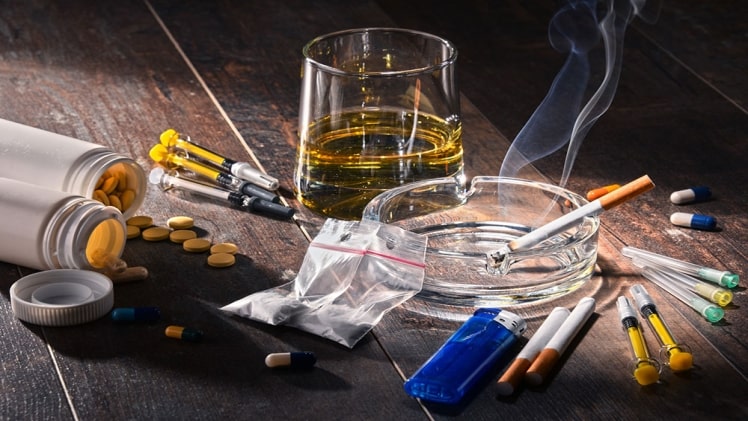Let’s get this straight: dependence does not equal abuse.
When people have prescribed medically controlled drugs, they are often apprehensive about becoming “dependent” on the drug, or apprehensive about the drug’s potential for abuse.
There is a clear difference between dependence and abuse. In the US, it is mostly a question of degree and problematic usage, but there are other criteria clinicians use to diagnose drug abuse.
Keep reading to learn more about substance abuse vs. dependence.
What is Substance Abuse?
In the US, the DSM-V outlines the primary criteria for classifying a person’s drug consumption as abuse, addiction, or dependence.
If someone is abusing a drug, they may exhibit the following behaviors:
- Taking a substance in greater amounts than prescribed
- Taking a substance outside of the timeframe you are meant to
If someone is dependent on a drug, they may experience the following:
- Wanting to stop using the substance but being unable to
- Spending time and significant resources acquiring the substance or contemplating how one will acquire the substance
- Experiencing cravings for the substance
- Substance use causes problems in school, social, and work settings
- Opting out of important social and life events to use the substance
- Developing tolerance and taking more of the substance as a result
The key here is that there is a pattern of substance usage causing significant distress and disruption in one’s life.
Doctors use the term “substance abuse” to indicate that someone is taking a drug outside of its intended usage. It’s often used to indicate someone is using illegally, as well.
Substance Abuse vs. Dependence
What, then is dependence? If you are looking to become an addiction counselor, you’ll need to distinguish between abuse and dependence.
Many people use “abuse” and “dependence” interchangeably. We maintain that these are different.
We take dependence to indicate chemical dependency on a drug. What do we mean by this?
People that are chemically dependent on a drug usually experience physical signs of withdrawal when they are unable to take the drug.
Example Scenario
Let’s use Adderall as an example. This is a medication prescribed to those with ADHD or attention-deficit hyperactivity disorder. Millions of Americans fill their Adderall or amphetamine prescriptions every year.
Those with ADHD may be chemically dependent on the drug, but that does not mean they abuse it.
Let us say someone is prescribed to take 70mg (the max dose) of Adderall daily.
If they were abusing this drug, they may:
- Take more than is prescribed, perhaps doubling or tripling their dose
- Use the drug outside of reasons it is prescribed
- Use the drug to get high and experience drug-induced euphoria instead of to treat their ADHD
If they were dependent, they may:
- Need to take more to get an effect (developing tolerance)
- Experience physical symptoms of withdrawal when they are off it
- Experience significant social disruption due to drug use
- Be unable to stop even though they want to stop or it is affecting their close personal relationships
Learning the Difference
There is a subtle but clear distinction between substance abuse vs. dependence. People who abuse a drug over a long period of time may develop a drug dependency. One-time abuse of the drug may not lead to dependency, but multiple instances may.
If you or someone you know is struggling with substance use, know that resources like SAMHSA’s National Helpline are available to you.
For more on this topic, please refer to our health section.

